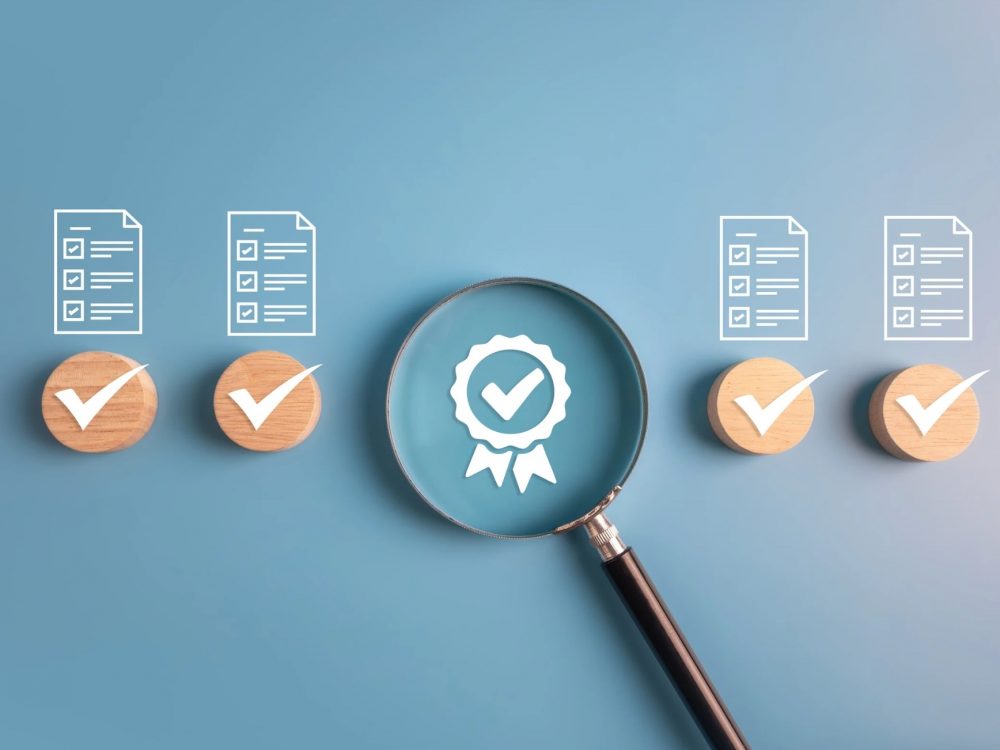Extractives Data in West Africa: What’s the Road to Transparency?
Today, Development Gateway (DG) is pleased to announce that we have kicked off work with the Open Society Foundation in West Africa (OSIWA) to support the Extractive Industries Transparency Initiative (EITI). This work will focus on mapping data needs, availability, and use in the extractives sector in West Africa.
We’ll be focusing on Nigeria, Guinea, and Senegal, three countries that are signatories to the EITI principles – committing to extractives data transparency, and expressing interest in improving their data management systems. Further, EITI Senegal and Nigeria have recently developed strategic plans for 2017-2021 that prioritize development of data systems as key actions points. These three data landscape assessments are taking place at an opportune time for building trust and strengthening accountability in the extractives industries. We’ll be collaborating with national EITI agencies to help inform how to fill data gaps, bring clarity to areas that remain opaque, and advise on how data can be used to bring about effective policy reform.
We are also bringing a gender focus to this work; enabling transparency and use of evidence to understand women and girls’ complex relationship with the extractives industry. We aim to explore the effects of the male-dominated extractives industry (EI) on women and girls in West Africa. Better understanding and documenting good practices on gender and EI can help governments consider women in building new EI policy, programmes, and solutions.
Throughout, we’ll be building on our existing regional experience, which includes working with the governments of Senegal, Nigeria, Ghana, Guinea, and Liberia on open contracting. We’ve also worked with the governments of Burkina Faso, Cote d’Ivoire, The Gambia, Niger and Togo, to integrate data from the International Aid Transparency Initiative (IATI) registry with government-owned Aid Information Management Systems (AIMS), and have recently made significant improvements to the IATI-AIMS tool.
By pursuing a full understanding of country readiness to proactively manage and disclose EI data, we aim to improve transparency and citizens’ ability to pursue accountability in the sector. To ensure future tools are useful and used, we must first understand if countries are ready to receive, use, and maintain tools – readiness is even more essential than deeming a system implementation possible.
We’ll be sharing takeaways and learnings from this work on the blog in the coming months, and keep an eye on our Twitter @DGateway for updates.
Image: Enrico Strocchi, CC BY-SA 2.0
Share This Post
Related from our library

Introducing The HackCorruption Civic Tech Tools Repository
Introducing the Civic Tech Tools Repository: an open-source hub of digital solutions to fight corruption. Designed for growth through GitHub contributions, it brings together tools, code, and resources across six key areas for HackCorruption teams and beyond.

From Standardization to Specificity: Localizing Multi-Country Research
Multi-country research must balance consistency with local realities. While standardization allows reliable comparisons and generalizable insights, local context shapes outcomes. This blog explores how programs can strike that balance effectively.

Economic Toll of Tobacco-Related Diseases in Kenya: New Research Findings
Development Gateway: An IREX Venture (DG) is pleased to announce the publication of a research manuscript on the Economic Costs of Tobacco-Related Illnesses in Kenya. This research was carried out as part of the Tobacco Control Data Initiative (TCDI) activities in Kenya and is part of a broader report on Morbidity and Mortality from Tobacco Use in Kenya.